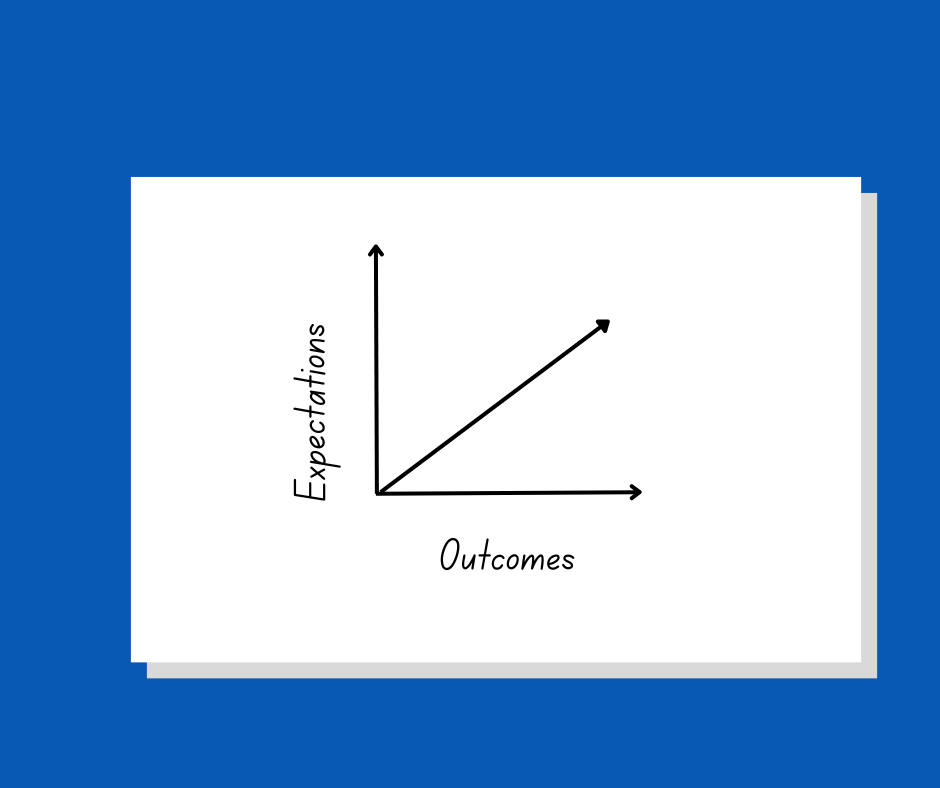
Years ago, when I attended a Toastmaster’s class because I was terribly frightened to get up in front of people and speak, someone came up to me and suggested I had talent as a speaker. And this small comment gave me a nudge that enabled me to feel confident enough to move forward with a career I’ve now had for more than 25 years.
So it was with great interest that I read an article in the New York Times about a leading social psychologist, Dr. Robert Rosenthal, who specialized in non-verbal communication. Years ago, he gave aptitude tests to students at an elementary school and then told teachers which students were set to “blossom” the next year, and which weren’t. All of this was done randomly, and had nothing to do with the tests. A year later he retested the same students and found that those he had told teachers had the most potential, had gained on average 27 IQ points. Teachers had treated this group differently, with warmer body language, extra help and positive reinforcement. And he named this the Pygmalion effect.
Rosenthal said if we expect certain behavior from people, we treat them differently. Decades later, along with a colleague from Harvard, he analyzed 345 different studies and found among all settings, from corporate America, doctors’ offices, courtrooms and military training centers, every single result was the same.
It’s an interesting reminder that sharing your belief in people and their talents has an extraordinary impact on their growth. And that we need to be aware of what we’re thinking about others, since our non-verbal communication will speak much louder than anything we say.


